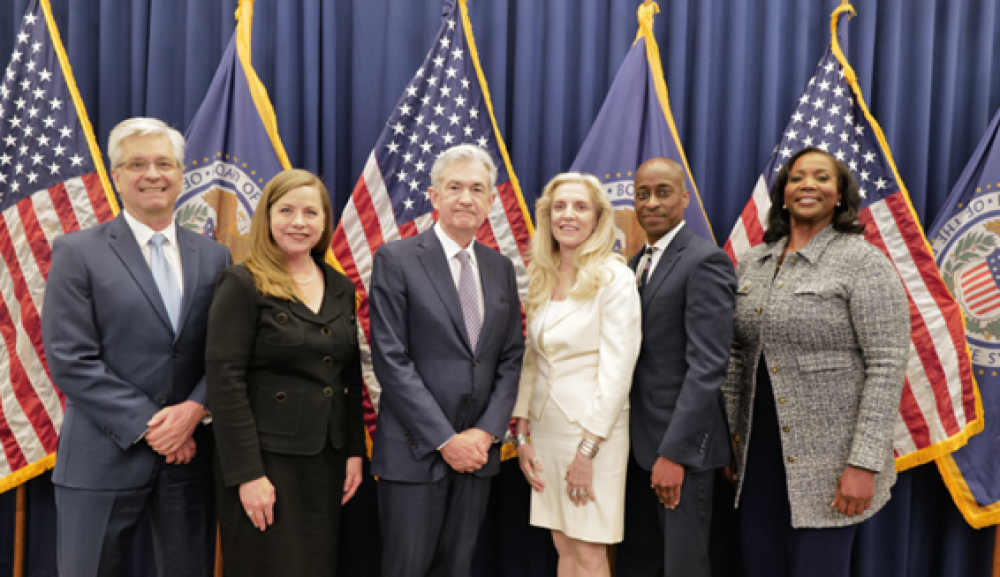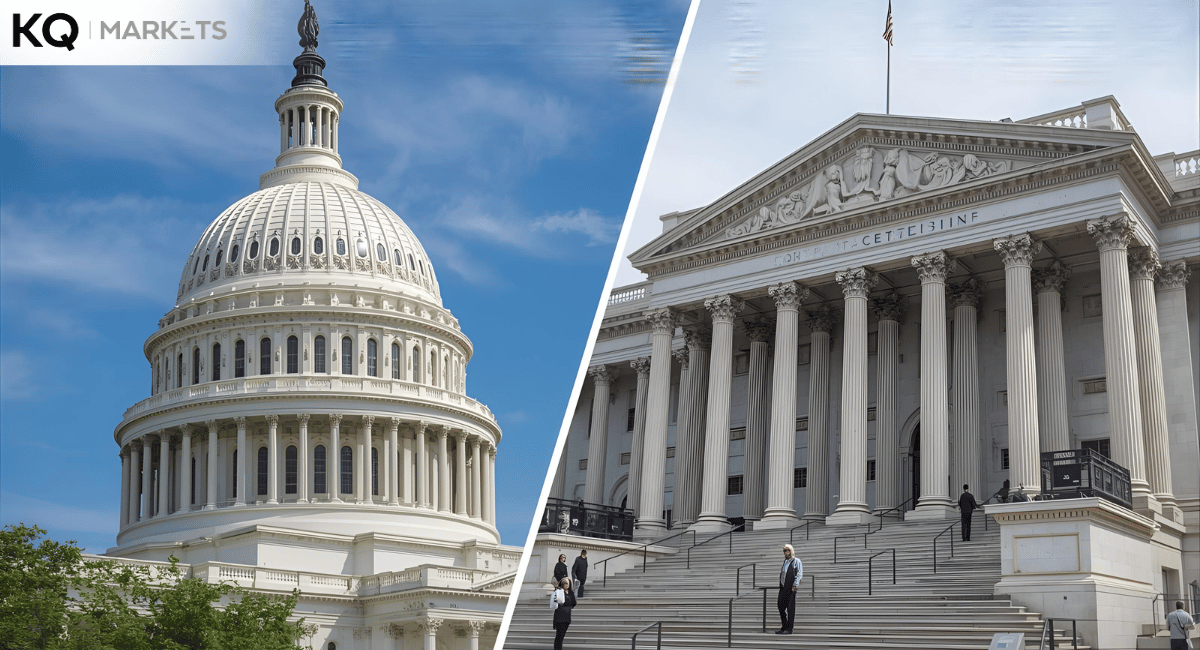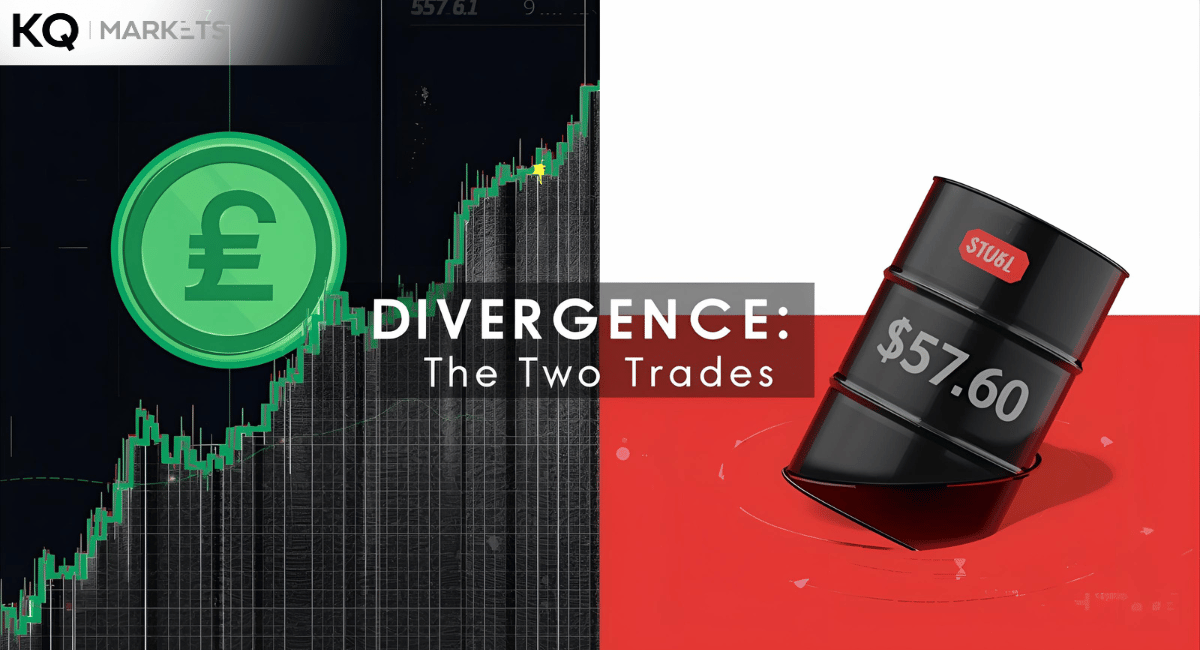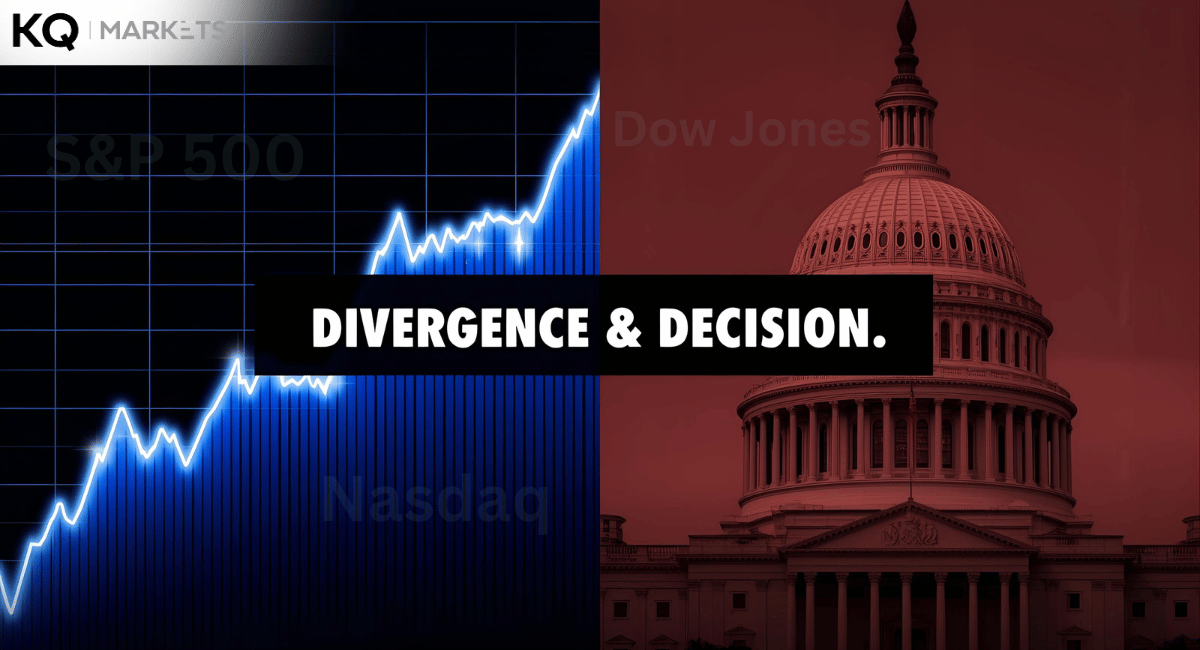European regulators are furious at the Silicon Valley Bank collapse incident. Recently, they privately accused the United States of disregarding the law for failed banks. Although they did not publicize the allegations formally, some top policymakers have blasted following the move to cover all SVB depositors. The policymakers were worried that the plan might undermine the worldwide financial regime.
Meanwhile, Europe’s financial supervisors are irate at the decision to invoke a systematic risk exception through guaranteeing banks with over $250,000 deposits. The 2008 crisis led to changes in planning for bank collapse incidents. Policymakers met regularly to create regimes for minimizing any likely broader fallout due to bank failures. One critical law in the regimes was to impose a loss on unsecured creditors like bank owners and bondholders.
Some financial regulators say the United States marked a critical proponent in implementing the policies. Unlike UK & EU small-size lenders, US banks with lower than $250 billion in balance sheets appeared too small to comply with worldwide standards on resolution, liquidity, and capital. The Silicon Valley Bank is one of these small banks, and the Federal Reserve is planning stricter regulations for midsized lenders.
In any case, Congress voted in 2018 to give the FDIC (Federal Deposit Insurance Corporation) the option to exempt small-scale banks from stricter global regulations. The FDIC added a more flexible plan in 2019 for banks with $50 billion to $250 billion in assets. On the other hand, the SRC (Systematic Risk Council) warned the FCIC and the Federal Reserve that the new move would impact other related banking businesses.
But the United States claims that the Silicon Valley Bank failure won’t affect taxpayers since other banks would bail out uninsured depositors. Nonetheless, European financial regulators maintained that US banks might pass the impact to their customers. They explained that the bailout was for wealthy venture capitalists, but it impacted ordinary people as well.
Overall, global financial regulators face a risk in that the SVB collapse reinforced suspicions that, in tough times, the United States might not comply with global reforms. Yet, other financial experts believe that not bailing out all depositors might risk a broader peril. They explained that the incident would erode investors’ confidence if depositors remained unprotected. Above all, it could easily result in contagion for other US banks. The Silicon Valley Bank collapse marked a significant proof that the contagion was likely to occur.





